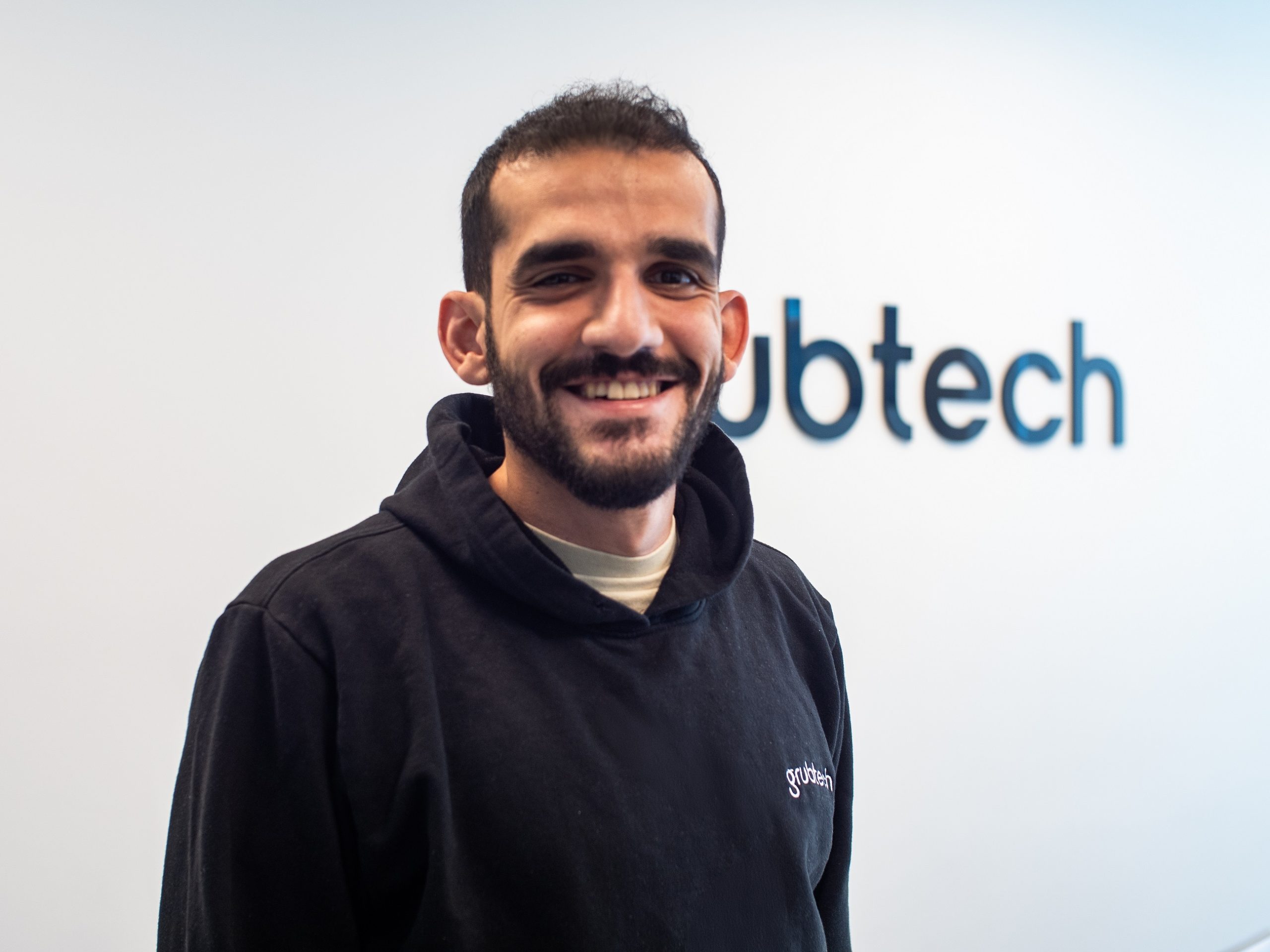

Overview
The food delivery market in KSA features a diverse array of players. Each company, including Jahez, Chefz and Lugmaty, among others, has its own strategic approach. Additionally, Ninja, HungerStation, Toyou and Careem Food are prominent names in this competitive space.
Furthermore, these companies have identified specific growth strategies, setting them apart from their competitors. This includes broadening their service offerings to include groceries, pharmaceuticals and more, aiming to cater to diverse consumer needs.
Delivery apps
Jahez has focused on leveraging technology to streamline operations and enhance customer experience. While it has expanded rapidly across the kingdom, Chefz, on the other hand, is targeting the premium segment by partnering with high-end restaurants and providing exclusive delivery services to a more upscale clientele. Meanwhile, Lugmaty has built a strong brand around delivering traditional Saudi dishes. It has also expanded into grocery delivery to cater to everyday needs.
Ninja focuses on quick and reliable service, appealing to urban professionals seeking convenience for food and non-food items. Its emphasis on speed and reliability sets it apart in the competitive market. HungerStation, an early entrant, continues to dominate through aggressive marketing and extensive partnerships. These include restaurants, grocery stores and pharmacies, solidifying its market position over time. Careem Food and Noon Food leverage their parent companies’ logistics networks. Moreover, this integration merges food delivery with broader e-commerce and ride-hailing services, offering comprehensive super-app experiences. Mrsool stands out for its versatile delivery options, extending beyond food to various items. This approach enhances its utility and appeals to a wide range of consumer needs. Meanwhile, N-GO focuses on quick and efficient pickups. This strategy caters effectively to a market where driving is the predominant mode of transportation, ensuring swift service.
Latest trend
A significant trend shaping the market is the merging of e-commerce and quick commerce. Consumers now expect sub-30-minute delivery times for food and demand the same for all products and services. This shift in consumer expectations is driving food delivery platforms to play a crucial role in ushering traditional e-commerce players into the quick commerce age.
Platforms like Jahez, HungerStation, ToYou, Careem, Noon and Mrsool are not just delivering food; they are extending their services. This includes groceries, pharmaceuticals and other everyday essentials. This integration transforms these platforms into comprehensive service providers, catering to a wide range of consumer needs.
Cloud kitchen and dark store operations
These platforms have also invested aggressively in cloud kitchen and dark store operations to achieve cost efficiency, scalability and rapid market expansion. Jahez utilizes CoKitchens, CoShelving and CloudShelving to strategically place kitchens and manage inventory efficiently. HungerStation operates DH Kitchens to enhance meal preparation and delivery speed. Chefz uses The X to focus on shelving and pre-prepared goods, including consumer packaged goods (CPGs). These operations reduce overhead costs, enable the operation of multiple virtual brands, optimize resources and leverage data analytics for better-targeted services.
Furthermore, these innovations are essential in meeting the high expectations of consumers for quick and reliable delivery. They further blur the lines between traditional and quick commerce. Recently, Meituan, a major player in the global food delivery market, announced its expansion into Saudi Arabia with its Keeta platform. This move underscores the potential of the KSA market and highlights the growing trend of integrating multiple services into a single platform. Meituan’s entry signifies the increasing competition and the opportunities that lie ahead in this rapidly evolving market.
In short, the merging of e-commerce and quick commerce sets new benchmarks for delivery times and service quality. Furthermore, this diversity of approaches enriches the market and drives innovation, ultimately improving service quality.

Jamil Diab,
COO of Grubtech
@grub.tech
grubtech.com














